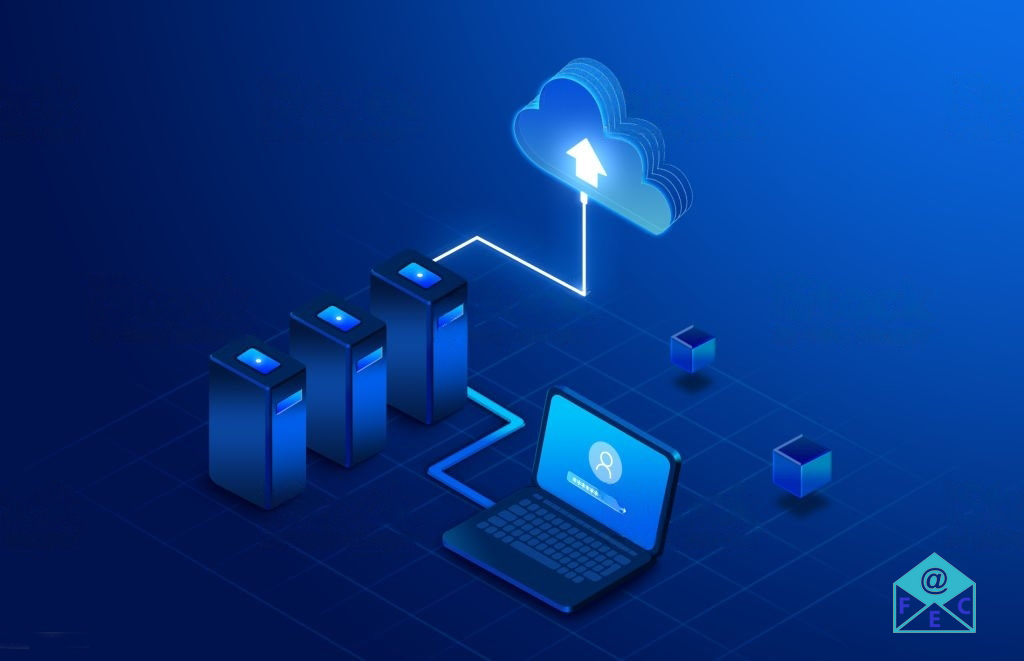Introduction
Disadvantages to Cloud Computing. In recent years, deject computing has emerged as a revolutionary technology, offering businesses and individuals the convenience of storing and accessing data remotely. The deject has undoubtedly transformed the way we store, share, and interreact with information. However, surrounded by its many advantages, there are moreover some surprising disadvantages that are often overlooked. In this article, we will explore five unexpected drawbacks to deject computing that you may not be enlightened of. So, let’s swoop in and uncover these lesser-known downsides.
1.1 Unauthorized Access

Disadvantages to Cloud Computing
One of the significant risks associated with deject computing is the potential for unauthorized wangle to sensitive information. Cybercriminals are constantly devising new techniques to violate security measures and proceed with unauthorized entry to deject systems.
1.2 Data Breaches
Cloud service providers are responsible for safeguarding vast amounts of data. However, despite their efforts, data breaches can still occur. A violation of the deject could lead to the exposure of confidential information, causing severe repercussions for businesses and individuals.
1.3 Dependency on Service Providers

Disadvantages to Cloud Computing
By relying on deject providers for data storage, users relinquish uncontrived tenancy over their information. In the event of a service provider shutting Lanugo or Waffly policies, users may squatter challenges in accessing their data or transitioning to a new platform.
2. Connectivity and Reliability Issues
While deject computing offers convenience, it is heavily reliant on internet connectivity, which can introduce various challenges.
2.1 Internet Dependency
Accessing deject services requires a stable internet connection. In areas with limited or unreliable internet connectivity, relying on the deject may hinder productivity and serviceability to hair-trigger data.
2.2 Reviviscence and Service Outages

Disadvantages to Cloud Computing
Cloud service providers may wits reviviscence due to various factors, including technical issues, maintenance, or external attacks. Service disruptions can lead to temporary loss of wangle to data and applications, impacting merchant operations and causing inconvenience for users.
2.3 Limited Tenancy over Infrastructure
When utilizing deject computing services, users have limited tenancy over the underlying infrastructure. Changes made by the provider, such as hardware upgrades or software updates, may stupefy the performance or compatibility of the services stuff used.
3. Lack of Customization
While the deject offers flexibility, it may fall short when it comes to customization and adapting to specific requirements.
3.1 Limited Flexibility Cloud services
typically offer a standardized environment, which may not cater to the unique needs of all users. Organizations with specialized IT requirements may find it challenging to configure deject services equal to their specific preferences.
3.2 Vendor Lock-In Disadvantages to cloud computing

Disadvantages to Cloud Computing
Migrating from one deject service provider to the flipside can be ramified and costly. Users may encounter compatibility issues, data transfer challenges, and contractual obligations that make it difficult to switch providers. This vendor lock-in can limit flexibility and hinder scalability.
3.3 Incompatibility with Legacy Systems
Integrating deject services with existing legacy systems can pose compatibility challenges. Older software and hardware may not be hands uniform with deject infrastructure, requiring spare resources and efforts for seamless integration.
Forfeit Considerations
While the deject can offer forfeit savings, it is essential to consider the potential long-term expenses and subconscious financing involved.
4.1 Subconscious Costs
While the initial pricing of deject services may towards attractive, there can be subconscious financing associated with data transfer, storage, and spare features. Organizations must thoughtfully unriddle the pricing structure to stave unexpected financial implications.
4.2 Subscription Expenses
Cloud computing operates on a subscription-based model, requiring ongoing payments to maintain wangle to services. Over time, these recurring financing can yaffle and potentially exceed the expenses of maintaining an on-premises infrastructure.
4.3 Over-reliance on External Providers
By relying heavily on deject providers, organizations may wilt overly dependent on third-party services. In the event of a service interruption or termination, organizations may wits disruptions and difficulties in quickly transitioning to volitional solutions.
Privacy Concerns of Disadvantages to Cloud Computing
Cloud computing raises significant privacy concerns related to data ownership, compliance, and government surveillance.
5.1 Data Ownership of Disadvantages to Cloud Computing

Disadvantages to Cloud Computing
When data is stored in the cloud, questions may upspring regarding who owns and controls that data. This lack of clarity can lead to disputes, expressly in situations where multiple parties are involved.
5.2 Compliance and Legal Issues
Organizations operating in regulated industries must navigate ramified compliance requirements. Storing sensitive data in the deject may require ensuring that the service provider complies with relevant regulations and security standards.
5.3 Government Surveillance
Cloud providers are subject to governmental regulations and may be legally obligated to provide wangle to user data under unrepealable circumstances. This can raise concerns well-nigh the privacy and confidentiality of stored information.
Conclusion of Disadvantages to Cloud Computing
While deject computing has undoubtedly revolutionized the way we store and wangle data, it is crucial to be enlightened about the potential drawbacks. Understanding the surprising disadvantages discussed in this vendible will help individuals and businesses make informed decisions well-nigh utilizing deject services. By evaluating the risks and considering volitional solutions, users can mitigate potential pitfalls and leverage the deject effectively.
Frequently Asked Questions (FAQs) for Disadvantages to Cloud Computing
Q1. Can deject computing be completely secure?
Cloud computing can provide robust security measures, but it is not immune to risks. It requires a combination of strong security practices, encryption, and regular monitoring to minimize vulnerabilities.
Q2. How can I protect my data in the cloud?
To protect your data in the cloud, consider implementing strong passwords, enabling two-factor authentication, encrypting sensitive information, and regularly valuables up your data.
Q3. Is it possible to switch deject service providers easily?
Switching deject service providers can be complex, expressly if there is a dependency on specific features or wide-stretching data transfer requirements. It is prudent to thoughtfully evaluate the implications and plan the migration process accordingly.
Q4. Are there any alternatives to deject computing?
Yes, alternatives to deject computing include on-premises infrastructure, hybrid deject solutions, and whet computing, which involves processing data closer to the source.
Q5. What steps can organizations take to write privacy concerns in the cloud?
Organizations should carefully review the privacy policies and terms of service of deject providers, ensure compliance with relevant regulations, encrypt sensitive data, and regularly monitor wangle to their deject resources.

